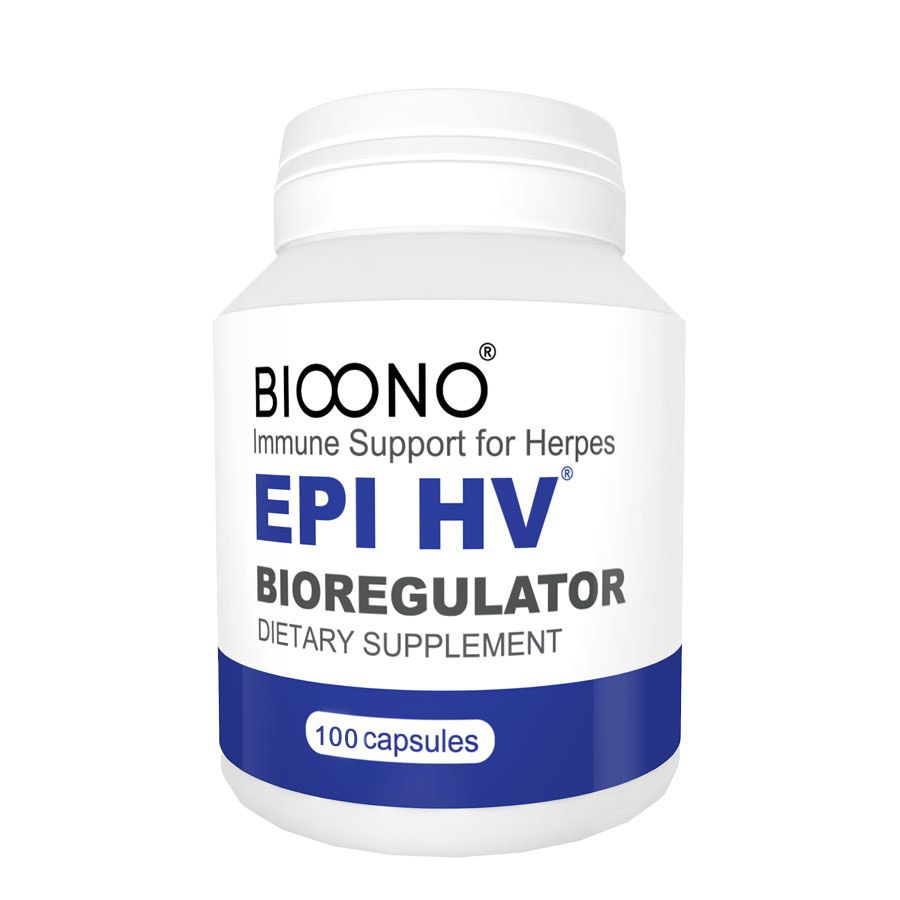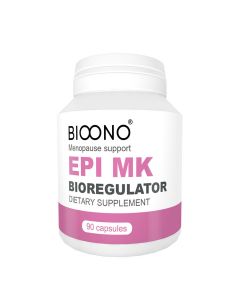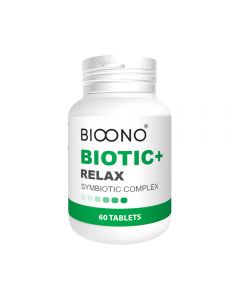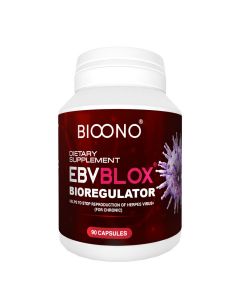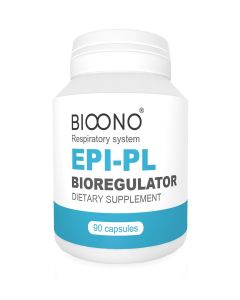EPI-HV immune response to HV (herpes virus) Super peptide - 100 Veg Capsules
EPI HV is intended to provide a protective barrier and prevention against herpes infection.
What is herpes, and why do we know so little about it? Herpes is a parasitic virus that is hidden and cannot be treated with antibiotics.
The hidden danger of herpes is that they penetrate into a cluster of nerve cells, where they live for many years, without manifesting themselves outwardly until the immune system fails.
The main directions in the treatment of herpes infection are: restoration of immunity, removal of toxins from the blood, elimination of deficiency of vitamins and microelements.
EPI HV contains active ingredients that can curb herpes infection EPI HV will help cope with ailments, protecting your immunity and peace of mind.
Herpes is one of the most common and poorly controlled human infections. The herpesvirus family includes 8 classified types of human viruses and about 80 unclassified human and animal herpes viruses.
Classified types of human herpes viruses:
- Herpes simplex viruses - HSV-1,
- Genital herpes virus - HSV-2,
- chickenpox virus,
- Epstein-Barr virus,
- Cytomegalovirus,
- Herpes virus - type 6 (children and adults),
- Herpes virus - type 7 (chronic fatigue syndrome, some lymphoproliferative diseases, immunodeficiency conditions),
- Herpes virus - type 8 (the etiological factor of all forms of Kaposi's sarcoma).
The complex use of EPI HV, EPI HSV, EPI LYS, USH and the corresponding systemic EPI regulator or organ regulator leads to changes in the dynamics of the manifestations of herpes viral infection to the removal of herpes intoxication as well as to the programming of subsequent immune responses to the replicating herpes virus.
For Epstein-Barr virus (EBV), EBV EPI is used in conjunction with LYS EPI followed by immune responses (EPI I)
How the therapeutic complex of EPI regulators works against herpes viruses:
- Conformational changes in protein receptors occur on the cell membrane, making it difficult for the virus to penetrate inside the cell.
- If penetration does occur, then the DNA synthesis of herpes viruses inside the cell nucleus is disrupted.
- Replicated herpes viruses outside cells are inactivated.
- Some of the toxins in the replicated herpes virus are inactivated and large fragments of toxins are broken down into smaller ones (this helps the immune system's cleanup cells do their job more easily).
The mechanism of penetration and spread of the herpes virus as well as its symptomatic manifestations.
The entry points for herpes are the skin or mucous membranes. After infection, virus replication begins in the cells of the epidermis and the skin itself. Regardless of the presence of local clinical manifestations of the disease, virus replication occurs in a volume sufficient for the introduction of the virus into sensory or autonomic nerve endings. The virus or its nucleocapsid is thought to spread along the axon to the nerve cell body in the ganglion.
The time required for infection to spread from the hilum to the ganglia is unknown (varies from person to person).
However, in all people, in the first phase of their infectious process, herpes viruses multiply in the ganglion and surrounding tissues. The active virus then migrates along pathways represented by the endings of peripheral sensory nerves. This can lead to disseminated skin infection. The spread of viruses on the skin along the peripheral sensory nerves explains the fact of widespread damage to new surfaces and the high frequency of new rashes located at a considerable distance from the sites of primary localization of the vesicles.
However, when herpes recurs (replicated virus), it usually affects the same areas and secondary bacterial infections occur.
Main manifestations:
- In addition to skin lesions, herpetic stomatitis and laryngotracheitis are often observed.
- Possible eye damage in the form of dendritic keratitis. Herpetic eye disease is one of the most common causes of corneal blindness, primary herpetic keratoconjunctivitis, epitheliosis and herpetic marginal corneal ulcer. Ocular herpes can cause permanent clouding of the cornea.
- Herpes viruses can cause inflammation of the mucous membranes of the upper respiratory tract. Up to 7% of all acute respiratory diseases are caused by herpes infection. Herpetic lesions of the pharynx manifest as changes on the back wall of the pharynx, sometimes even on the tonsils. In many patients (about 30%), the tongue, buccal mucosa and gums may also be affected. Based on clinical manifestations, herpetic acute respiratory infections are difficult to distinguish from infections of other etiologies.
- Chronic genital herpes can contribute to the development of cervical cancer.
- In men, genital herpes can cause anything from a rash on the penis to urethritis and sometimes prostatitis. Over time, recurrent or untreated herpes reduces potency.
- There are rectal and perianal herpetic eruptions (especially in homosexual men).
- Herpes infection is the most common cause of sporadic acute viral encephalitis. In most cases, patients first show signs of herpetic lesions of the skin and mucous membranes, and only then do symptoms of encephalitis develop.
- Herpetic pneumonia occurs as a result of the spread of the virus from the trachea and bronchi into the lung tissue. Pneumonia more often occurs when a herpes infection is activated, which is observed with a decrease in immunity (taking immunosuppressants, etc.). In this case, a secondary bacterial infection is almost always superimposed. The disease is severe, mortality reaches 80%.
- Herpetic hepatitis can develop in people with weakened immune systems - jaundice appears, bilirubin levels and the activity of serum aminotransferases increase. Symptoms of herpetic hepatitis are often combined with manifestations of thrombohemorrhagic syndrome, which develops into disseminated intravascular coagulation (DIC syndrome).
- Other organs that can be affected by herpes viruses include the pancreas, kidneys, adrenal glands, small and large intestines.
- The adverse and sometimes fatal influence of herpes viruses on the course of pregnancy and the development of labor, on the development of pathology in the fetus and newborns has been proven.
- The occurrence of autoimmunity with long-term persistence of herpes viruses has been proven.
- The genome of the herpes virus can integrate with the genome of other viruses and bacteria (SARS, HIV, influenza, adenoviruses...), causing their activation with subsequent progression of the infection.
- Herpes viruses affect human mental health, causing pathology of nerve cells in all areas of the cerebral cortex.
- Long-term persistence of herpes viruses causes not only a decrease in the biofunctional state of the human body, but also a change in its mental orientation, which has serious social consequences.
1 capsule 3 times a day after meals or during meals
- flavopolysan
- Diatomin
- Peptide Complex


